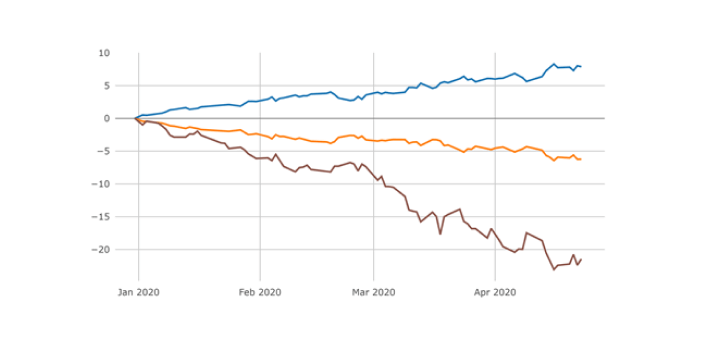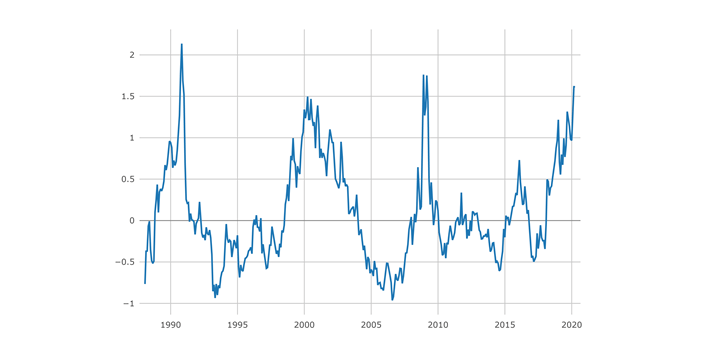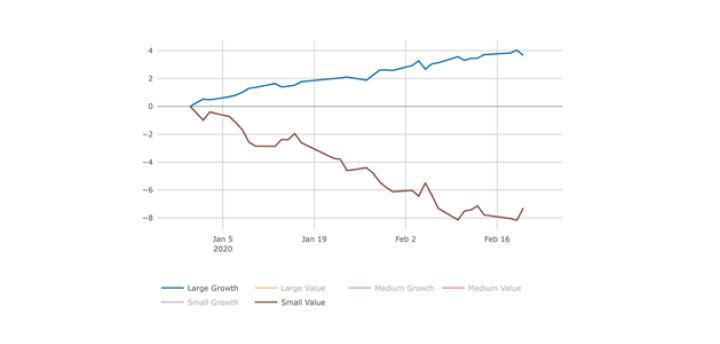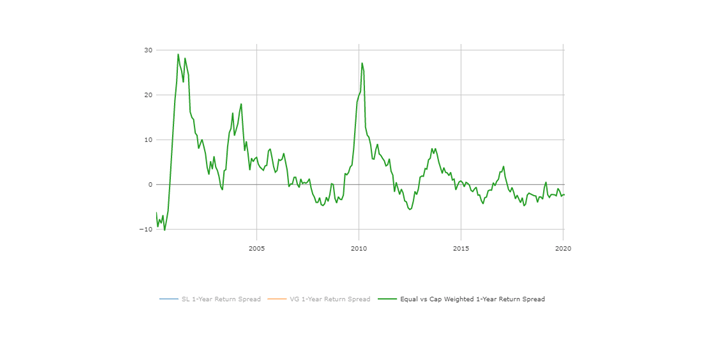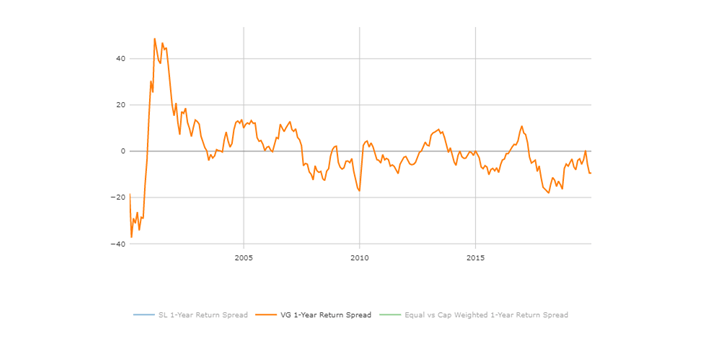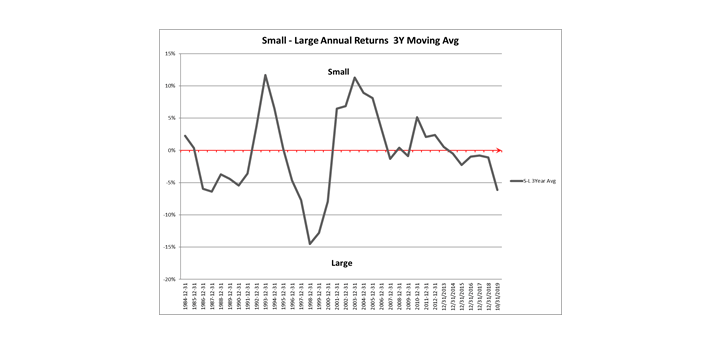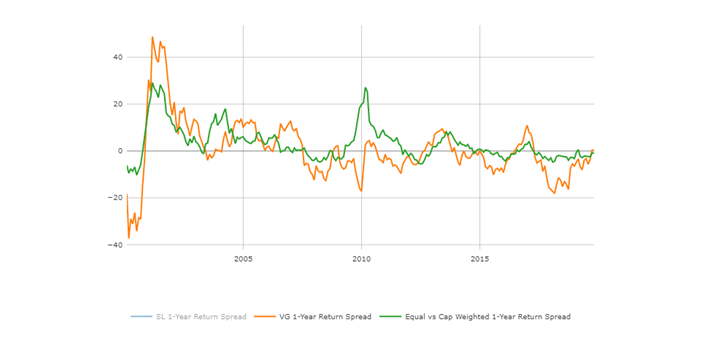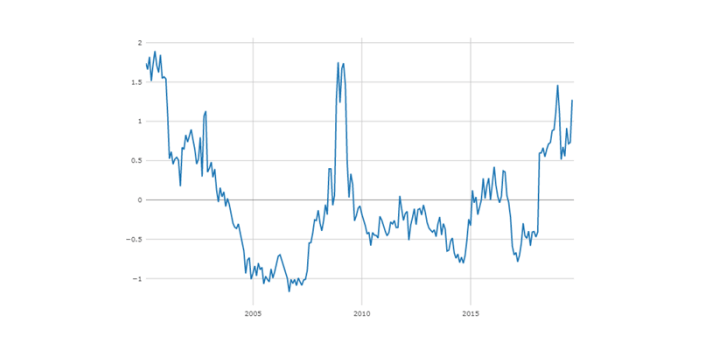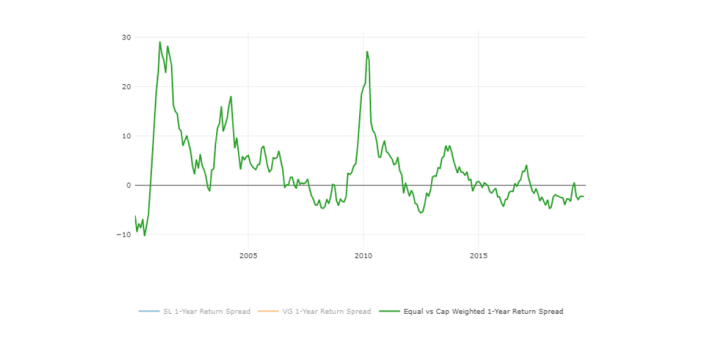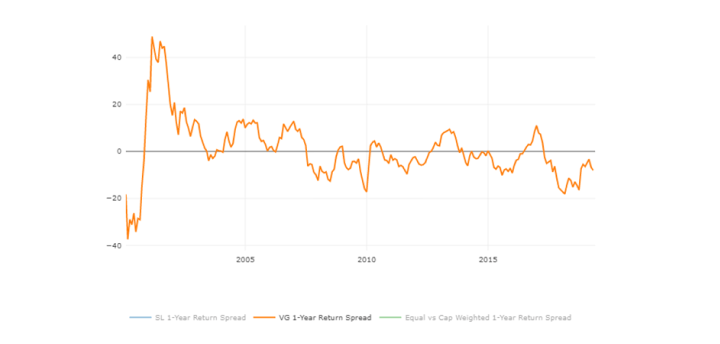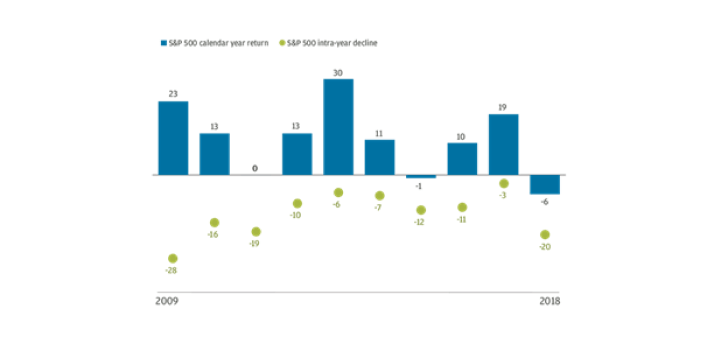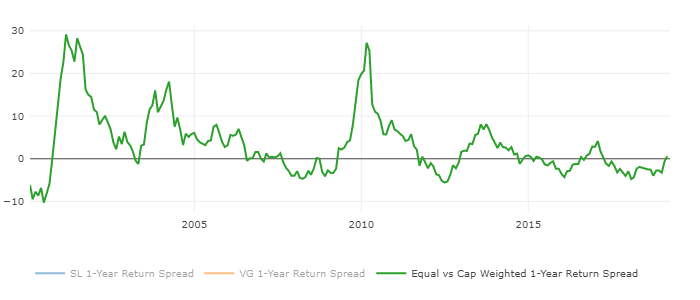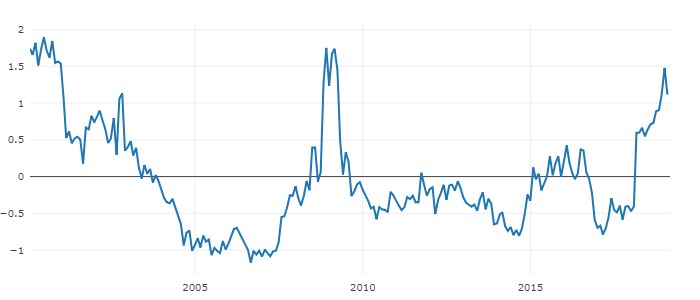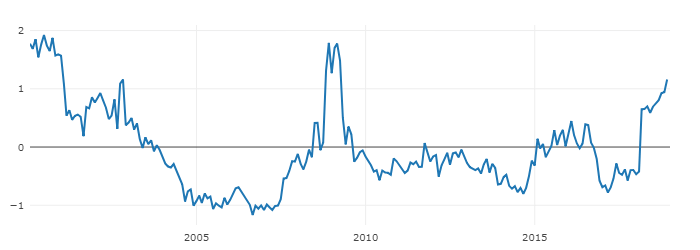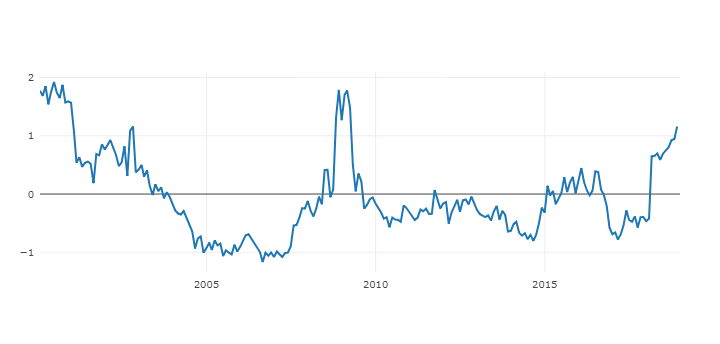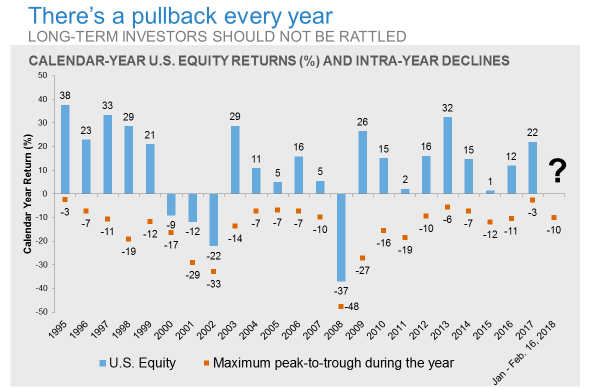Market Overview
We believe fundamentals drive long-term returns. Although global growth may slow in 2019, we think fundamentals are still supportive and valuations are more attractive now than a year ago: yields have risen, and equity valuations have fallen. That creates opportunities. Stay positive and keep a long-term prospective!
US Economics
Despite the longest government shutdown ever, our economy should show some resilience, with most consumer and industrial markets likely to show enough strength for GDP to rise by 2%, or more, this year. Per a broad consensus, the shutdown could slow GDP growth around 0.5% this quarter. However, economists believe that some of the lost growth could shift to the second quarter of this year since consumers usually regain their enthusiasm once the government reopens. More good news could boost investment sentiment in the near future. We see some positive developments in the US-China trade talks. The breakthrough in the trade conflict could improve the business sentiment and influence the economic slowdown around the world. The Federal Reserve has also shifted its stance from several hikes this year to a “wait and see approach”. Demonstrating its accommodative posturing it helps the markets to assign a smaller probability to a monetary policy mistake of overtightening. Most importantly, the real economic growth of 2% should be enough to propel earnings growth, which could provide support to the stock market.
Judging by macro indicators which serve as inputs into Signet’s proprietary macro analysis, we see a low probability of a recession this year. However, in the aging economic cycle, recession risk is on everybody’s mind. Recently, Goldman Sachs reviewed the last century of US recessions and highlighted five major causes: industrial shocks and inventory imbalances, oil shocks, inflationary overheating that leads to aggressive rate hikes, financial imbalances and asset price crashes, and fiscal tightening. Of course, new risks could emerge in an era of political polarization and dysfunction. Nevertheless, none of the historical causes seem to be threatening enough at the moment, so should US economy contract in the future, the prospects for a soft-landing look better than widely thought.
Global Economics
We believe contributors to the current global slowdown (monetary tightening in the US and China, Euro area weakness, and geopolitical tensions) will keep suppressing growth through the first half of 2019. However, JP Morgan sees several reasons for the global expansion to regain positive momentum. First, healthier and more profitable companies are unlikely to significantly cut back spending and hiring in the face of slower nominal growth and elevated geopolitical concerns. With steady global employment growth, the global consumption should accelerate. Second, banks keep lending. In China bank credit picked up into year-end and the first quarter 2019 Euro area bank lending officers survey points to a continued easing in credit standards. Lastly, trade and other political conflicts are to blame the most for the slowdown. They do remain a wild card. However, macro policies are turning more supportive with China stimulus gaining traction and developed market central banks becoming more accommodating. Absent a material negative geopolitical shock, the policy shifts should positively impact business sentiment and financial conditions.
Equities
In the fourth quarter of 2018 price-to-earnings (P/E) multiples sank as investors were afraid that the slowdown would push the world economy into a recession. On the shoulders of lower valuations, the equity market did rebound in January. Cyclical sectors (Energy, Industrials, Financials, Consumer Discretionary) lead the way with defensive sectors falling behind as the market was regaining confidence.
The earnings season just started, but according to Value Line the expectations are for low double-digit earnings growth, which would still be a good result for the late stage of economic expansion.
At the end of last year, we saw fundamentals perking up after a stretch of being upside down. Judging by the beginning of this year the trend continues and market participants are rewarding solid fundamentals, which is encouraging. At the end of December 2018, the valuation spreads (indication of how more expensive companies are more expensive than cheap ones) were stretched to extremes, almost reaching the levels of 2000 (IT bubble) and 2009 (end of the great recession). If history is any indication, the market should eventually pay more attention to valuations, even in a slow growth environment where investors like companies to grow their top and bottom lines. At Signet, we pay attention to valuation, which is one of the most important characteristics for a long-term stock return. We adhere to our long-term discipline through favorable and unfavorable short-term market conditions. By doing so we seek to avoid chasing unsustainable trends and getting whipsawed when the market re-embraces fundamentals.
Valuation Spreads (Source: Signet FM, Compustat) through December 2018:
Y axis – standard deviation of Valuation Spread; X axis – years;
The information and opinions included in this document are for background purposes only, are not intended to be full or complete, and should not be viewed as an indication of future results. The information sources used in this letter are: Blue Chip Forecast, WSJ.com, Jeremy Siegel, PhD (Jeremysiegel.com), Goldman Sachs, JP Morgan, Empirical Research Partners, Value Line, Ned Davis Research, Citi research and Nuveen.
IMPORTANT DISCLOSURE:
Past performance may not be indicative of future results.
Different types of investments and investment strategies involve varying degrees of risk, and there can be no assurance that their future performance will be profitable, equal any corresponding indicated historical performance level(s), be suitable for your portfolio or individual situation, or prove successful.
The statements made in this newsletter are, to the best of our ability and knowledge, accurate as of the date they were originally made. But due to various factors, including changing market conditions and/or applicable laws, the content may in the future no longer be reflective of current opinions or positions.
Any forward-looking statements, information and opinions including descriptions of anticipated market changes and expectations of future activity contained in this newsletter are based upon reasonable estimates and assumptions. However, they are inherently uncertain and actual events or results may differ materially from those reflected in the newsletter.
Nothing in this newsletter serves as the receipt of, or as a substitute for, personalized investment advice. Please remember to contact Signet Financial Management, LLC, if there are any changes in your personal or financial situation or investment objectives for the purpose of reviewing our previous recommendations and/or services. No portion of the newsletter content should be construed as legal, tax, or accounting advice.
A copy of Signet Financial Management, LLC’s current written disclosure statements discussing our advisory services, fees, investment advisory personnel and operations are available upon request.

















































